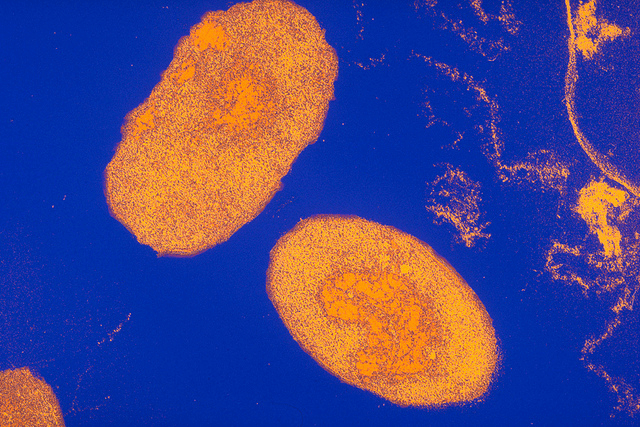What exactly is whooping cough? Two French scientists first discovered whooping cough in 1906. It’s a highly contagious bacterial infection that affects your nose and throat. Seven to ten days after the infection is contracted, the symptoms are mild and include a runny nose, red eyes, fever, and coughing. After another week or two, symptoms get worse and include uncontrollable coughing, vomiting, and extreme fatigue.
Whooping cough is spread when an infected person sneezes or coughs tiny and contagious germ droplets into the air and someone breathes it in. In the 1970s and 80s, people feared that the whooping cough vaccine could cause permanent brain damage; this led to the development of a safer vaccine that is used today. Whooping cough mainly affects young children who haven’t completed their vaccinations; children need at least three shots to be fully immune. Even though adults may have been vaccinated as children, they are also at risk because the immunity will eventually wear off.
Image Source: Nenov
If infants contract the infection, they usually have to be hospitalized because whooping cough is dangerous for that age group. For older children and adults, they can take antibiotics to kill the whooping cough bacteria and speed up recovery. Getting plenty of rest, staying hydrated, and cleaning the air of irritants are other ways to treat the infection. However, not much can be done to relieve coughing, and doctors recommend against cough medicine because they’re ineffective against whooping cough. Coughing is actually beneficial in that it helps clear your airways so you can breathe better.
The best way is to get vaccinated throughout your lifetime. Doctors recommend getting the DTaP vaccination, a series of five injections, starting during infancy and administered until six years of age. When immunity starts to fade, doctors recommend preteens, teenagers, and adults get the Tdap vaccine. It’s also important for pregnant women to receive the Tdap vaccine to protect their babies against whooping cough during their first few months alive. There are, however, mild side affects of the vaccine that include fever, headache, fatigue, and soreness.
So, the bottom line is to get vaccinated because whooping cough is easily preventable. If you do contract the disease, antibiotics will help but rest is your only medicine against the uncontrollable coughing.
Feature Image Source: Flickr Pertussis bacteria (Bordetella pertussis) by Sanofi Pasteur










